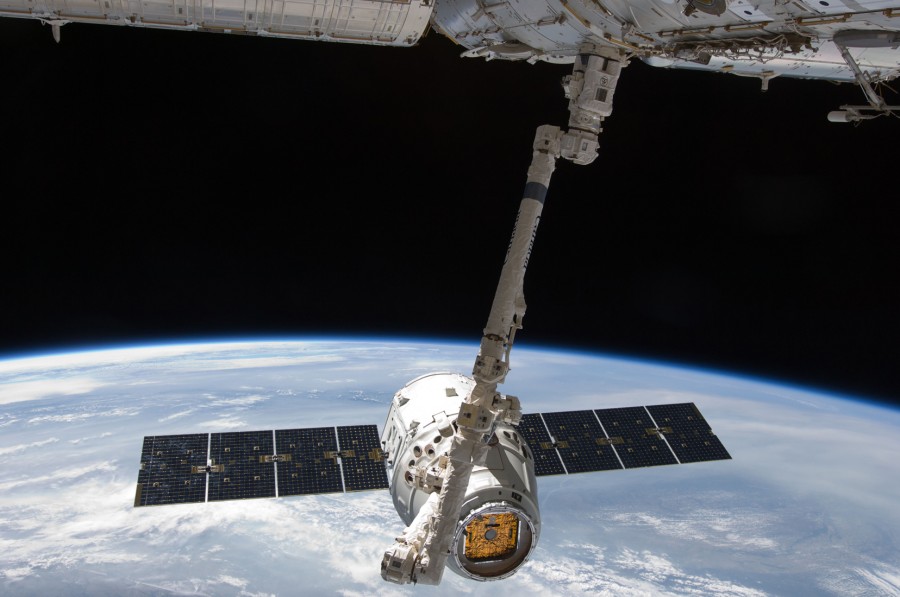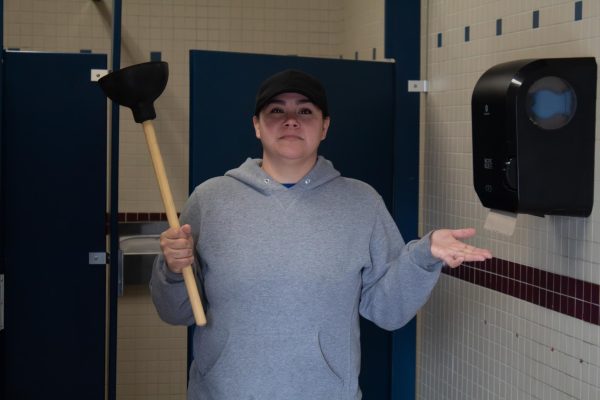The Private Space Race
SpaceX’s unmanned Dragon Capsule docking with the International Space Station
NASA has recently awarded two space exploration contracts to develop a new space shuttle program — only this one will be privately run, the first in history. The aerospace giant Boeing and SpaceX, the company founded and run by Tesla Motors CEO Elon Musk, were granted a total of $6.8 billion to advance the development of their industry.
Each company will be rewarded with a payment for key milestones in the project; the biggest and first step is to successfully transport a crew to the International Space Station (ISS). Both space-development companies were offered a contract by NASA to design and build a space shuttle to carry US astronauts by 2017.
If these companies succeed in making a cost-effective option for space travel, the dependency on Russia’s taxi, the Soyuz capsule, will be eliminated. An article from Universe Today stated “‘From day one, the Obama Administration made clear that the greatest nation on Earth should not be dependent on other nations to get into space,’”
NASA would be the most logical beneficiary of this goal’s support, however they have been wounded. Budget cuts forced them to cancel the space shuttle program and hope that the private industry can pick up the slack. These cuts have made it hard on the growth and development of the space industry, because, in the words of famed astrophysicist Neil deGrasse Tyson, “Private enterprises can never lead a space frontier. It’s not possible… Historically, governments have [led exploration].”
The contract proposed by NASA was one of their biggest yet, a total of $6.8 billion up for grabs. Boeing snagged a majority of that money, $4.2 billion, which they believe will be a sufficient amount to successfully meet their goal. SpaceX, the smaller of the two, was granted a lesser amount of $2.6 billion.
NASA offered the two companies each a sufficient amount of money to further the development of the companies’ spacecraft. Essentially, NASA is “sponsoring” the two companies which will result in 2 different models, and thus more doors are opened for efficiency and cost-effectiveness.
SpaceX has already built a flightworthy craft deemed the Dragon Capsule and is in the process of manufacturing a version with proper safety features that would allow it to carry a human crew. Currently, Boeing’s CST-100 is not yet flightworthy due to Boeing’s choice to wait for additional funding. Both of these capsules will be capable of carrying up to seven astronauts all the way to their shift on the ISS.
These contracts will effect the space community and the industry completely. This ground-breaking deal is a segue into bigger and better things for the people of NASA, SpaceX, Boeing, and the world.
















